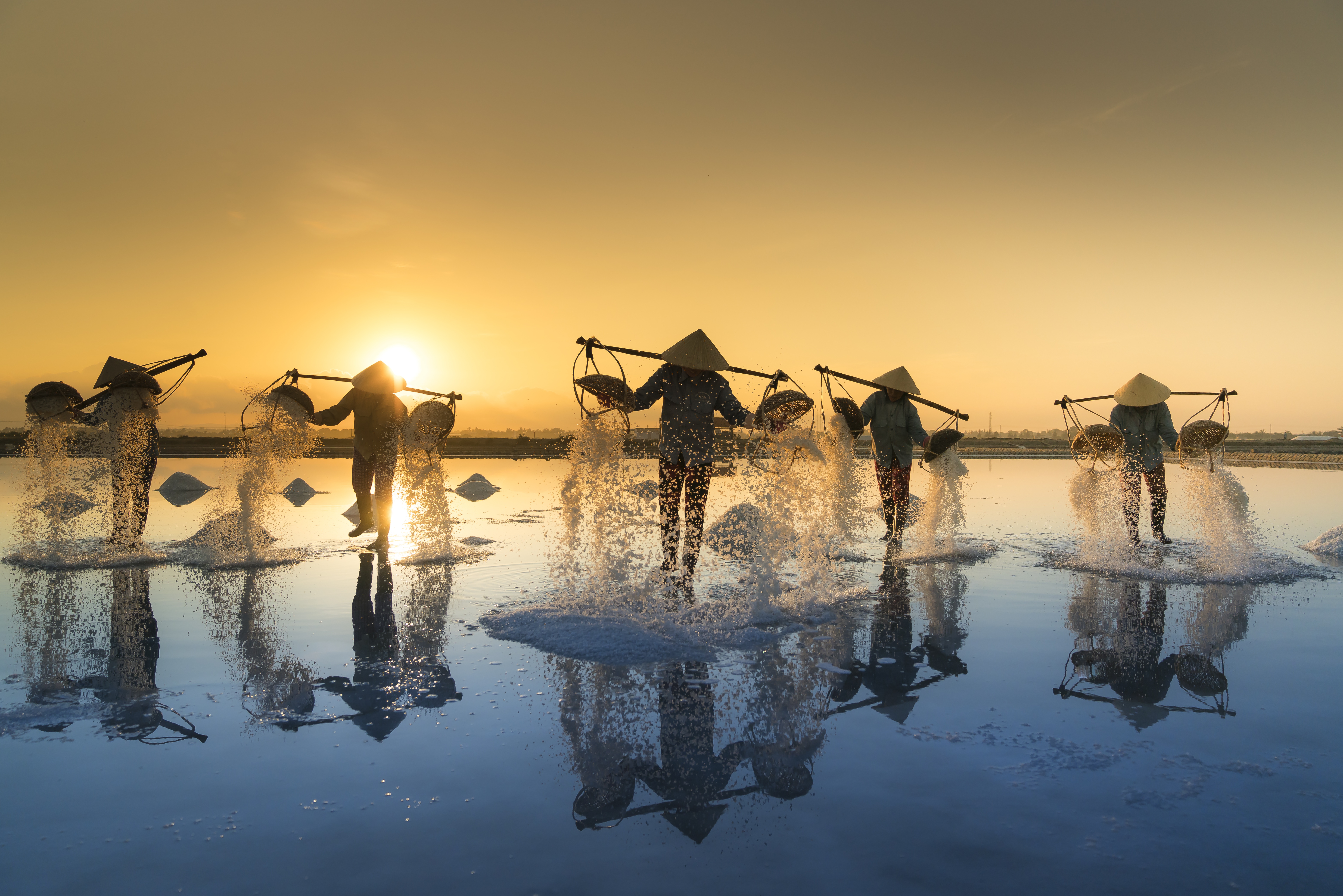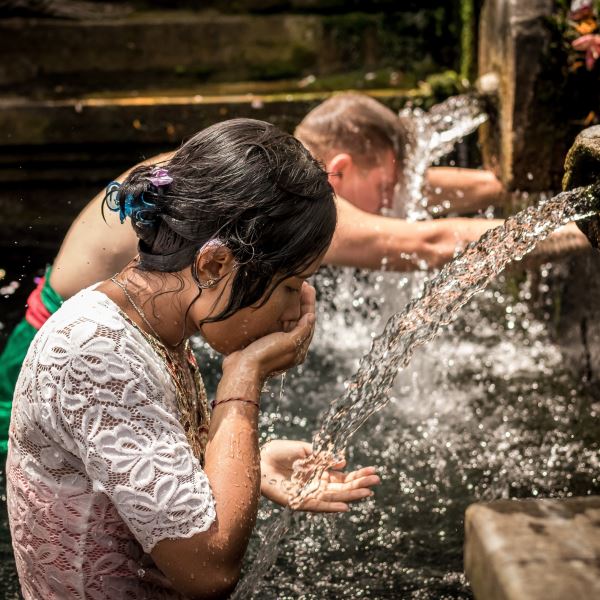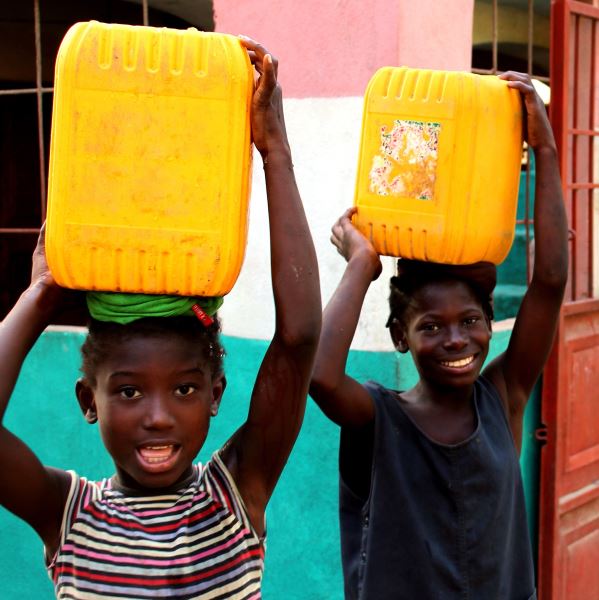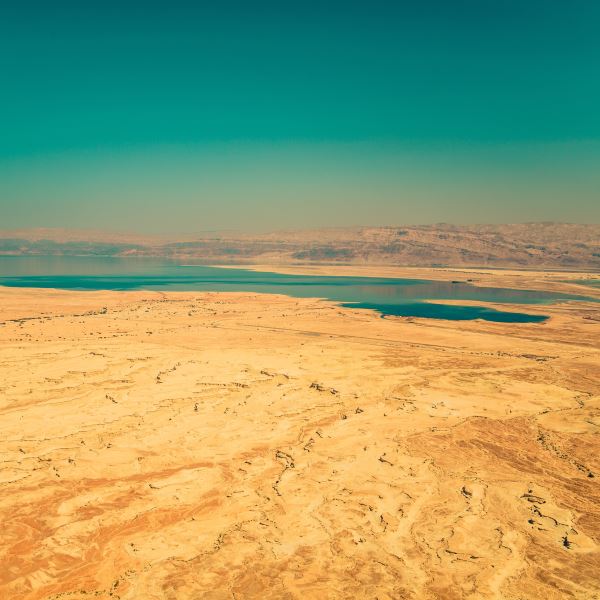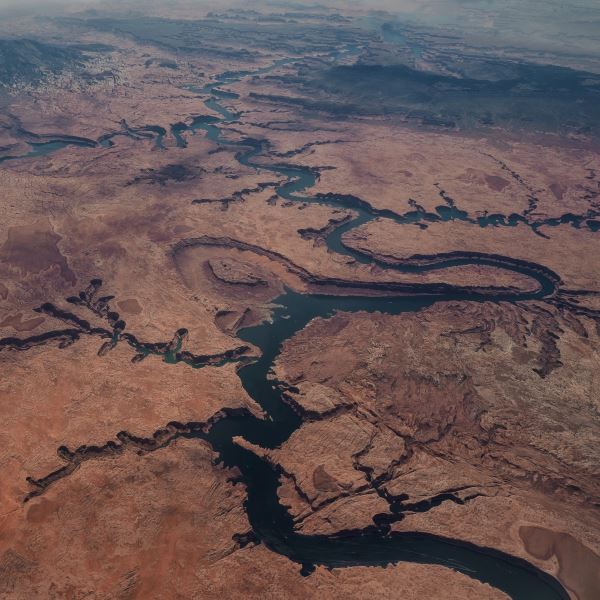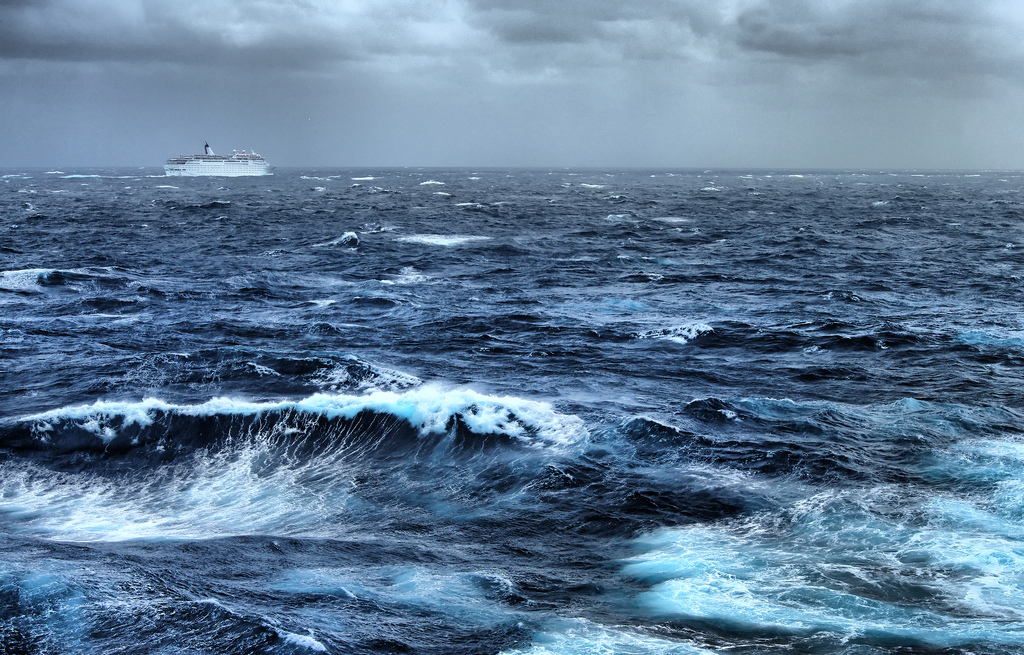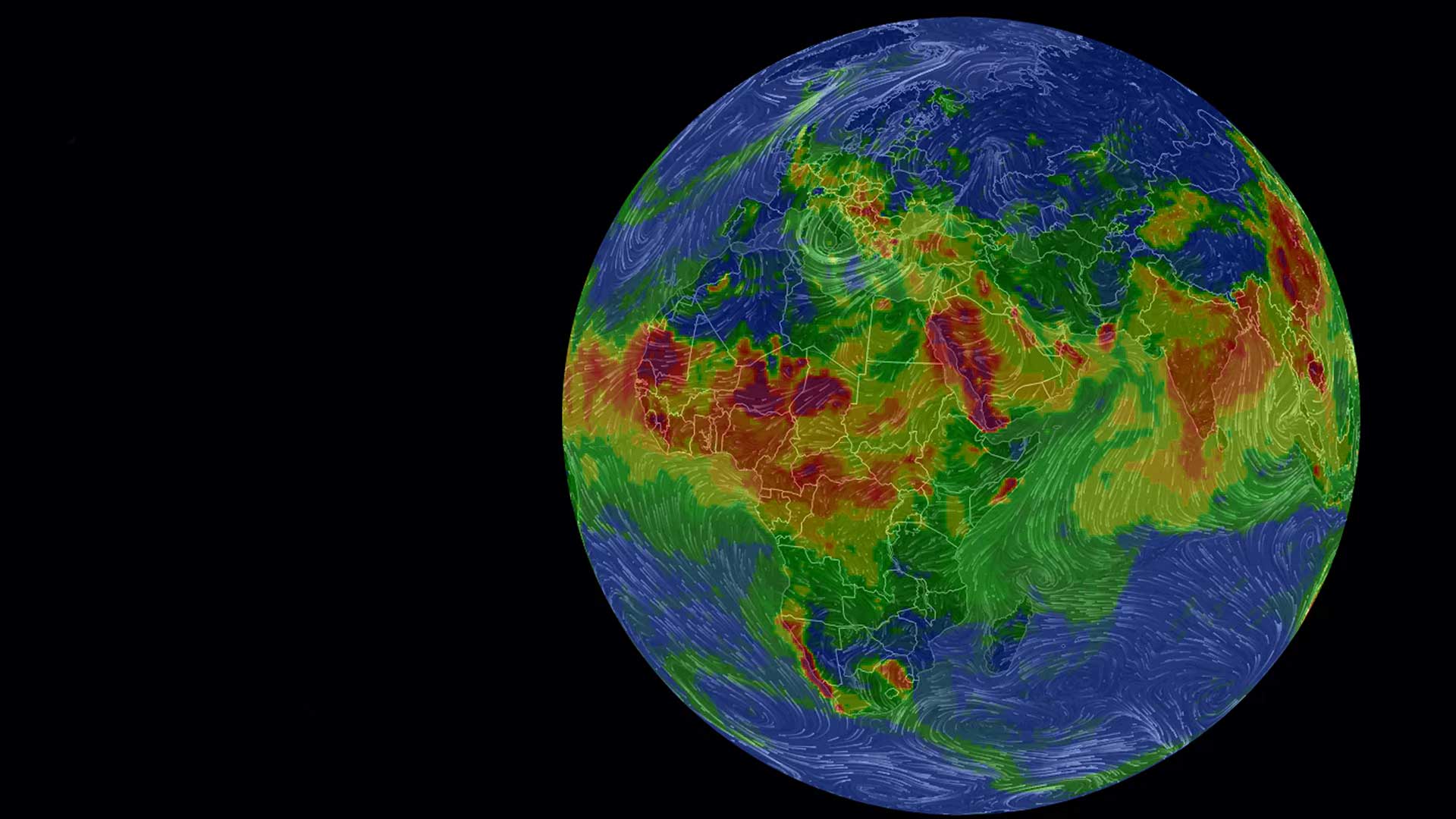Water is the source of all life. Without it, neither humans nor nature will survive. Yet lack of access to water is a rapidly growing problem and one of the world’s gravest risks. The water we have at our disposal is often too little, too much or too dirty. We must learn to manage it more wisely, fairly and sustainably to avoid a serious water crisis.
The SDG Academy and the Stockholm International Water Institute have come together to offer this MOOC on some of the most important water issues. We focus on the key role water plays in the achievement of the Sustainable Development Goals, particularly SDG 6’s call to ensure sustainable water and sanitation for all.
The course intends to explain the linkages between water, environment, and societal development, focusing on how to tackle issues such as growing water uncertainty and deteriorating water quality. Through the course you will gain a better understanding of how water influences lives and livelihoods. You will also learn how your own actions can contribute to a more water wise world.
